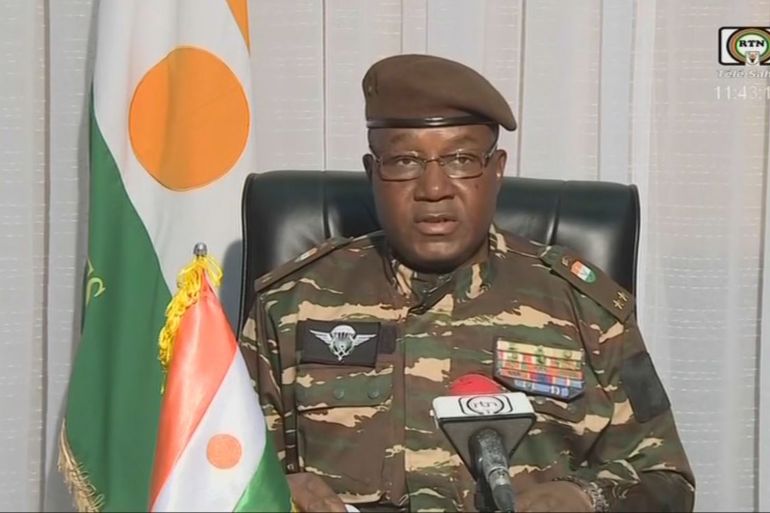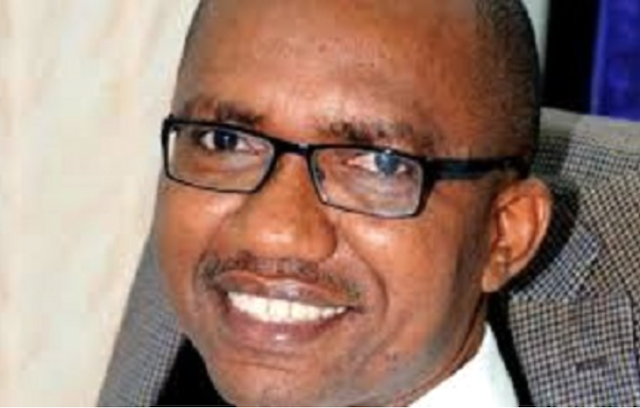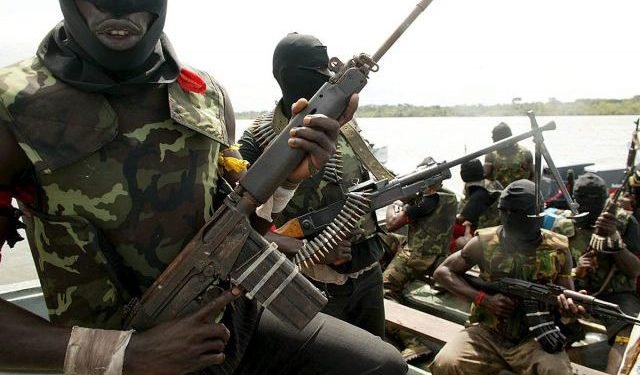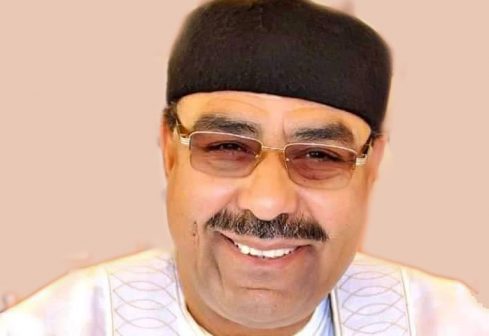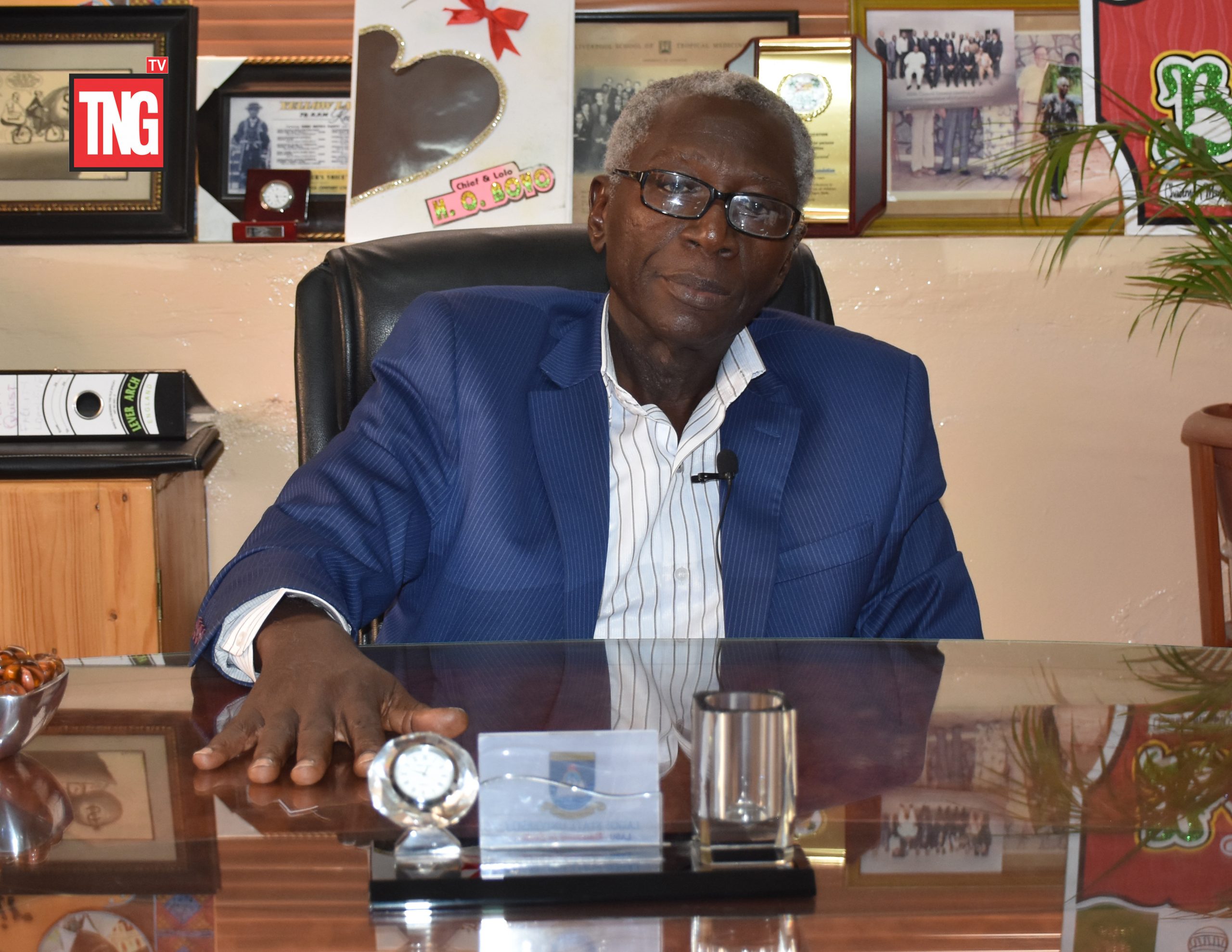By Henry Boyo
In September last year (2017), President Muhammed Buhari received his Nigerien counterpart Mahamadou Issoufou in Daura, Katsina State; Issoufou had reportedly visited, to ask after PMB’s health and also congratulate him on Nigeria’s exit from recession; the discussion, apparently also included “the fight against Boko Haram, the economic challenges in the Lake Chad Basin and other developmental concerns, that directly affected the citizens of both countries”.
Indeed, this was not the first meeting of both leaders, as Issoufou was also one of the earliest national leaders who personally visited, to congratulate Buhari, soon after he became President in 2015; an outcome which reportedly, also evoked Presidential celebration in Niger Republic.
Nonetheless, part of the roadmap plotted, for economic co-operation between the two countries, become clearer on January 1st 2018, when Buhari disclosed in his New Year message, that “negotiations are advanced for the construction of additional railway lines, firstly, from Kano to Maradi in Niger Republic passing through Kazaure, Daura, Katsina and Jibia, the nearest Nigerian town, which is less than thirty kilometers from the border”.
Furthermore, later in April, Transport Minister, Rotimi Amaechi, also stated, that the proposed Kano-Maradi Rail-line, was purely for economic purpose, as Nigeria according to him, “has been losing a lot of money due to the fact that people prefer to use Benin Republic’s port. So, to encourage them to use our Seaports, we decided to construct a railway line that will link the Lagos Seaports to Kano and then Maradi in Niger Republic, which, is just 5 minutes drive out of Nigeria.”
Regrettably, however, there has been no reference so far, to the estimated total cost for the rail project or who, indeed, will foot the bill.
There is of course much to be said in favour of Intra-ECOWAS, or indeed Intra-African Co-operation, however, according to a local adage, “you do not ignore the natural endowment of your own dear daughter and proceed to adorn the waist of a stranger with beauty beads”!
Nonetheless, the Transport Minister has however, suggested that the cost of the proposed rail-line has already been captured in the 2018 budget, even when no feasibility report is available for independent assessment; furthermore, there is also no indication that the proposed Kano-Maradi rail-line was identified as a priority project, in government’s Medium Term Expenditure Framework, which basically sets priorities within a broad 3-year rolling plan for annual budgets. The salient question, therefore, is whether or not the project is independently, commercially, sustainable without government subsidy?
In retrospect, Nigerian Government had also built a 30-kilometer stretch of dual carriageway from Nigeria’s Seme border into Benin Republic to facilitate trade and mobility between the two countries; the Nigerian Government’s road AID was, clearly in recognition of the significant volume and value of trade that passes, daily through this strategic commercial border, which probably remains the most profitable land border for the Nigeria Customs Service. Arguably, the introduction of a TransWest African Coastal rail-line will expand trade, increase revenue for both governments.
Instructively, it will require high interest loans to finance the almost N2tn deficit in 2018 budget, particularly when over 40 percent of government’s current aggregate revenue is already dedicated to servicing existing debts annually.
Notably, however, the Niger Delta, which ironically produces the bulk of Nigeria’s oil wealth, has, regrettably, waited in vain for the completion of the very vital East-West Coastal Road; or a modern rail system to ignite the bountiful economic potential of this region.
Indeed, with the dire economic straits in which Nigeria presently finds itself, it would be wise to avoid further debt accumulation, which could ultimately jeopadise our sovereignty. Consequently, it is advisable that critical infrastructural development, should be increasingly financed, through private sector concessioning, so that the existing, oppressive debt burden would gradually diminish, when private businesses and foreign direct investors, such as the Chinese Government, receive concessions, after strictly competitive bidding, to Build, Operate and Turnover, such infrastructural projects after, say, a 30 years tenure. Indeed, if the proposed Kano-Maradi line is truly commercially viable, as suggested by the Transport Minister, then, investors should be falling over themselves to win any open bid to select a concessionaire.
It is also clearly worrisome that, for obviously personal reasons, the Executive has continued to borrow, even when it is no longer fashionable for government to fund such huge capital projects, which will ultimately be run as a loss centre, as a public parastatal, when infact enticing incentives could be packaged to attract investors to participate in providing critical social infrastructure at all levels.
Curiously, however, the Minister for State for Aviation, Senator Hadi Sirika, also told lawmakers, that government had decided to “take up the construction of the second Abuja Airport runway before handing over to a concessionaire”! It is, clearly, inexplicable that, despite Nigeria’s present heavy debt burden, the Aviation Minister, still proposes to spend N63bn for construction of a second Abuja runway, and therefore decried the paltry N8bn, currently allocated, for the new runway in the 2018 budget; nonetheless, Transport Minister, Rotimi Amaechi, would probably favour the ‘commercially unviable’ Kano-Maradi line as priority, as it will expectedly, probably receive a much more substantial budget allocation than the evidently more urgent 2nd Abuja airport runway, because of Mr. President’s, seeming hasty commitment to building the 248km railway line to Niger Republic, at Nigeria’s expense.
The obvious attraction of project concessions is that government does not necessarily have to directly invest money in such social infrastructure, but would ultimately, generate revenue by collecting taxes from employees of the concessionaire, who will also pay corporate taxes to government.
The question, however is, why borrowed heavily for a project, only to handover to a selected concessionaire, immediately, after the project has been fully self-funded? Clearly, with little at stake for such a lucky concessionaire, there is every likelihood, that the 2ndAbuja runway project will become another conduit for corruption.
In a seemingly congruent development, to the proposed Kano-Maradi rail-line, the Minister of State for Petroleum Resources, Ibe Ikechukwu, also met with Issoufou, the Nigerien President and that country’s Energy Minister in Niamey in February 2018, and reportedly struck a “mutually beneficial agreement” according to the FMPR, “for the construction of a refinery in Jibia, a border town in Katsina between the Republic of Niger and Nigeria; furthermore, Nigeria will also construct pipelines from the crude oil field in Agadem, in Niger Republic to Nigeria’s’ proposed border refinery in Jibia; however, binding bilateral/technical agreements, according to the NNPC, would later be signed for these projects thereafter within 60 days.
Although the capacity of the refinery has not been disclosed, the FMPR is clearly also optimistic that the new refinery on Nigeria’s border with Niger, would tackle the menace of cross-border smuggling of fuel. Conversely, however, earlier this year, the GMD NNPC, Maikanti Baru had approached the Comptroller-General of Customs, to assist in curbing cross-border smuggling of Nigeria’s fuel imports; according to Baru, the NNPC’s present, average daily supply of 55million litres, which is well above the 35million litres projected consumption rate, has unexpectedly, still remained inadequate to forestall fuel scarcity within Nigeria, as smuggling syndicates have “cashed in on the obvious petrol price differentials between Nigeria and neighbouring countries to make illicit profit”.
Instructively, however, NNPC’s GMD had also decried the spread of over 2,201 illegal fuel depots in close proximity to Nigeria’s borders, as the real culprits in the smuggling business. Consequently, the close location of the proposed refinery to Nigeria’s border with Niger Republic, may inevitably infact, facilitate and expand the illicit business of fuel smuggling, for as long as, petrol price remains subsidized in Nigeria.
The question, nonetheless, will be, why build a new refinery in Jibia and facilitate fuel smuggling when government has clearly demonstrated gross ineptitude in managing its existing refineries?
